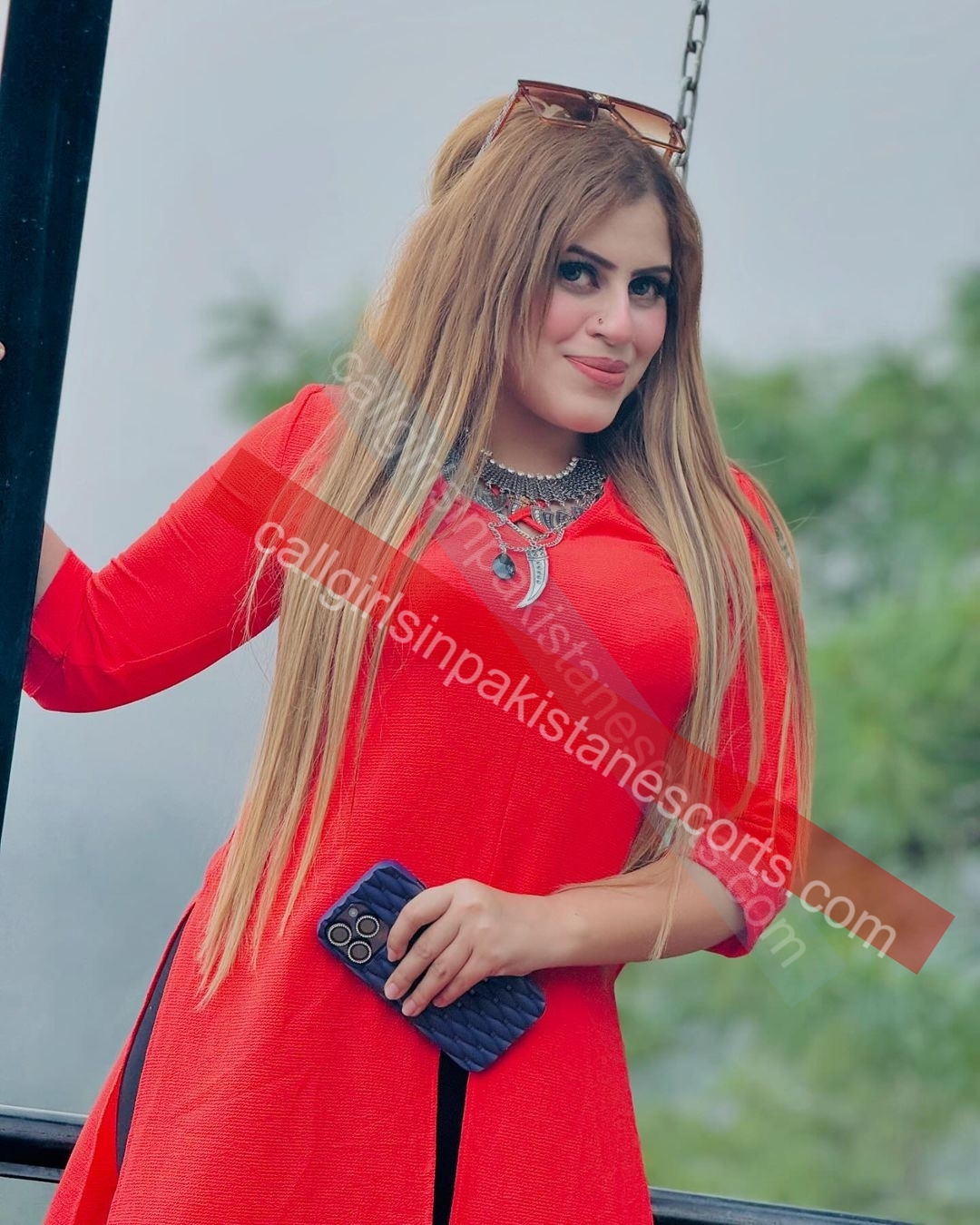The bustling metropolis of Karachi, with its vibrant culture, diverse population, and bustling economy, is a city of contrasts. Among its many facets lies a world that often remains shrouded in controversy and taboo: the realm of Dha Karachi Call Girls, particularly in affluent areas like DHA (Defense Housing Authority). This article aims to explore this complex landscape, shedding light on the socio-cultural dynamics at play while maintaining a respectful and informative perspective.
Understanding DHA: A Contextual Background
Defense Housing Authority (DHA) is one of Karachi’s most elite residential areas, known for its luxurious lifestyles, well-planned infrastructure, and affluent residents. The neighborhood serves as a hub for professionals, businesspeople, and expatriates, creating a melting pot of cultures and economic backgrounds. However, like many urban areas around the world, it is not immune to the presence of sex work—a phenomenon that often intertwines with issues of morality, legality, and socio-economic factors.
The Reality of Call Girls in Karachi
In Karachi, the term Karachi Call Girl generally refers to women who engage in sex work, often providing their services through personal advertisements or networking. While this profession is illegal in Pakistan, it continues to exist, driven by various factors including economic necessity, societal pressures, and personal circumstances.
Many women who find themselves in this line of work often come from challenging backgrounds, faced with limited opportunities for employment or education. The stigma attached to sex work can also make it difficult for these individuals to seek assistance to exit the industry, as they may fear social ostracization or legal repercussions.
The Demand Side: Drivers of Engagement
The demand for call girls in DHA, as in other affluent areas, is often driven by various factors, including loneliness, adventure, and the desire for companionship beyond traditional relationships. Professional men seeking discretion and anonymity engage the services of these women for a range of reasons—from seeking a brief escape from their daily lives to fulfilling intimate desires that may not be met in their personal relationships.
This demand creates a clandestine economy that operates outside the scrutiny of law enforcement, relying heavily on networks of trust and discreet communication.
The Impact on Society and Culture
The existence of call girls in Karachi, especially in affluent areas like DHA, raises significant cultural and moral questions. Pakistani society is deeply rooted in traditional values, and the concept of sex work often clashes with prevailing norms regarding gender roles and morality. As a result, discussions about sex work are often met with stigma, leading to a cycle of silence that perpetuates the marginalization of those involved.
Moreover, the prevalence of call girls also highlights issues of gender inequality and socio-economic disparities. Women in this line of work often grapple with a lack of agency and the pressure of societal expectations, raising critical questions about women’s rights and empowerment in contemporary society.
The Call for Awareness and Support
While engaging in discussions about call girls can often evoke a range of emotions and opinions, it is crucial to approach the subject with empathy and understanding. Advocating for improved social services, legal protections, and educational opportunities for women can help address the root causes of sex work, offering vulnerable individuals alternative pathways to support themselves.
Additionally, fostering open dialogue about sexuality, relationships, and consent can help destigmatize the narrative surrounding call girls, allowing for a more nuanced understanding of their experiences.






